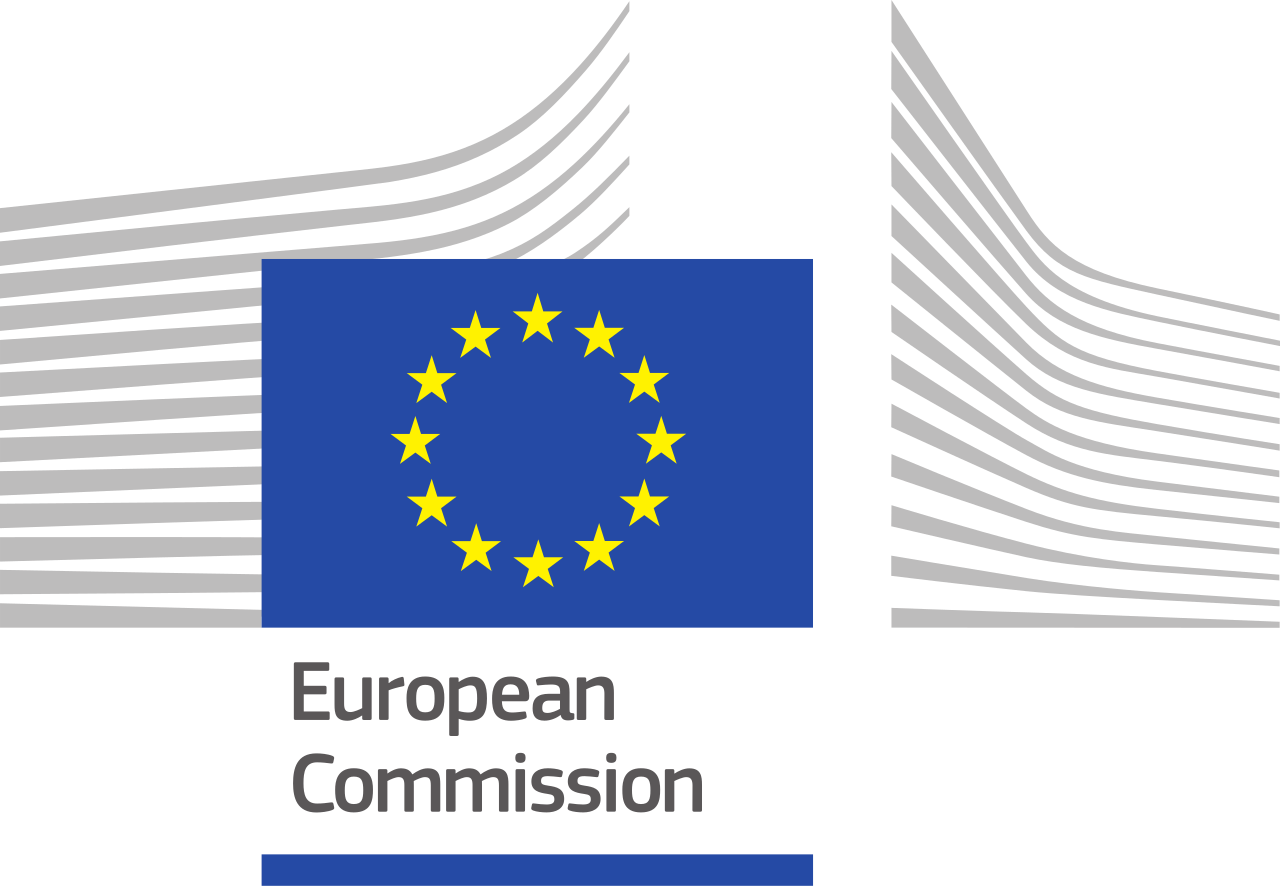Intro
Supplying useful energy services (for heating and cooling our homes, cooking, illumination, transport and manufacturing) increases our everyday comfort, but it also leads to negative health and environmental impacts throughout the entire chain of activities. The type and magnitude of pressures associated with our energy system stem from our amount of energy consumption and the mix of energy sources to supply this consumption. Currently, across the EU, fossil fuels still supply most energy services, contributing to climate change and other health and environmental pressures, such as poor air quality.
While not impact free, renewable energy sources support national and EU efforts to mitigate harmful emissions of greenhouse gases and other pollutants linked to burning fossil fuels for energy purposes. Replacing fossil fuels with renewables helps overall to lower such pressures.
To prevent the atmosphere from warming by more than 1.5 °C, rapid, far-reaching and unprecedented changes in all aspects of society are necessary, starting with the energy sector. The energy system is the primary contributor to greenhouse gas emissions. Therefore, addressing the challenges in the energy sector is of paramount importance to mitigate the impacts of climate change and work toward a more sustainable future. The EU [MT1] and the Member States have already set targets for 2020 and 2030 for the minimum share of renewable energy in gross final energy consumption. The European Green Deal is an ambitious EU roadmap and a policy framework for actions to put Europe on a firm path towards sustainability by 2050. In this context, and in line with international obligations assumed under the Paris Climate Agreement, the European Climate Law enshrines the objective of enabling the EU to become climate neutral by 2050 and ups the ambition level for 2030 on climate mitigation and decarbonising the energy system.
Introduction
The share of renewable energy sources in gross final energy use is a good indicator of progress towards reducing our reliance on non-renewable energy sources, notably fossil fuels, and reducing their associated health and environmental impacts.
In line with the EU’s climate commitments, the 2020 EU target to achieve a binding minimum 20 % share of renewable energy sources in its final energy use, including a 10 % share of biofuels to be achieved by all Member States in their energy use in transport (Directive 2009/28/EC), were both met. For 2030, the new Renewable Energy Directive introduces a 42.5 % binding minimum target for the share of renewables in the EU gross final energy consumption (Directive 2018/2001/EU), with a further indicative 2.5 % top-up to reach 45 %. Each Member State must contribute to meeting this target and to achieving sector-specific sub-targets for renewables in transport, industry, buildings and district heating and cooling. As such, the new Renewable Energy Directive will help the European Union to meet the higher climate mitigation efforts agreed by the Member States for 2030 and, respectively, to reduce the EU’s dependence on Russian fossil fuels.
What the data are telling us
- Over the past two decades, renewable energy consumption has increased rapidly throughout all Member States in response to dedicated policies and measures and facilitated by rapid technological progress. As a result, greenhouse gas emissions across the EU energy system have decreased steadily since 1990 and the EU has achieved its 20 % renewable energy target in 2020.
- To date, due to the cost-competitiveness of renewable technologies, there has been a substantial switch to renewable energy sources in particular in the electricity sector. This switch has been harder in other sectors, such as transport, buildings and in certain industrial branches, due the lack of the cost-competitiveness, along with other adoption factors.
- The increased use of renewable energy across the EU has brought important co-benefits, from reducing the EU’s demand for fossil fuels, to climate mitigation, and job creation.
- The energy supply crisis ensuing in 2021 and 2022 demands a faster transformation towards a fossil-free EU energy system until 2030 to end undesired geopolitical dependencies. As such, renewable energy sources need to grow twice as fast across all sectors during this decade, compared with the annual pace achieved from 2005 to 2020. More efforts will be needed to reduce intermittency effects of renewables, create a co-dependent decentralized system, and foremostly to integrate renewables into industrial processes that are harder to decarbonise. Electricity generated from renewable sources will be increasingly important to replace fossil fuels in industrial activities.

